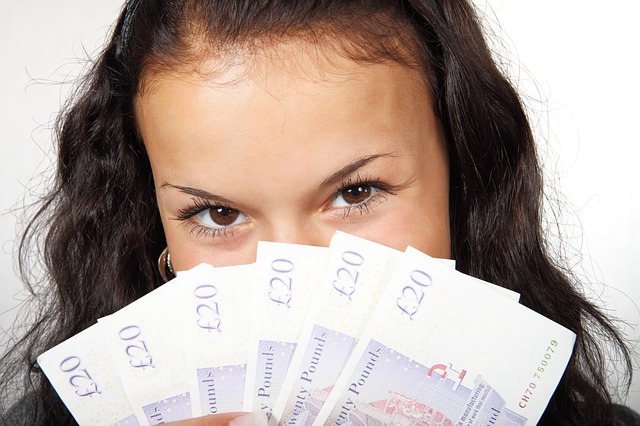 Could happiness be a purchasable commodity like any other?
Could happiness be a purchasable commodity like any other?
It has long been a cliché that we cannot simply buy happiness, but is this really true? In fact, several recent studies have begun to find striking correlations between wealth and happiness, but it isn’t that simple. For example, your purchased happiness seems to depend on what exactly you are spending money on.
A growing body of research is growing to support the idea that money does lead to happiness. For instance, a 2013 study by economists Dr. Betsey Stevenson and Dr. Justin Wolfers found that happiness is heavily correlated with per capita GDP, meaning that the wealthier a nation is, the happier people in it tend to be.
Similarly, Stevenson and Wolfers found that, within a given country, happiness rises alongside income. This study flies in the face of some conventional wisdom by denying any so-called “satiation point,” where happiness ceases to grow despite rising wealth.
The concept of a “satiation point” is evident in an earlier study from 2010. This study did find that happiness rise together, but only up to an annual salary of $75,000. After surpassing this point, authors Dr. Daniel Kahneman and Dr. Angus Deaton found that happiness levels no longer correlated with wealth.
While this picture remains muddled, new research suggests that looking at gross income does not give us a full story. Instead, it is important to examine specifically how wealth is used to foster happiness. A groundbreaking 2017 study sought to analyze the effect of differing spending habits on happiness.
The study authors recruited participants and asked them to spend money on material purchases, like clothing or wine, but the following weekend, urged them to purchase services that would give them more leisure time. This latter category included paying for a cleaning service or meal delivery, both of which would save the purchaser the time and effort need to clean or cook.
After each of these weekends, the researchers asked for participants to report their levels of happiness and found decidedly more positive emotions amongst those that purchased leisure time.
Similarly, the same authors surveyed approximately 6,000 people with incomes ranging from $30,000/year to some in the millions. They asked each respondent to report their level of happiness and to describe their purchasing habits. Reinforcing their previous results, they found that those who “purchased leisure time” were happier than those who spend money on material objects.
In emphasizing the conclusion’s significance, one study author, Dr. Elizabeth Dunn, said “if altering slightly how people are spending their money could [boost life satisfaction], it’s something we really want to understand and perhaps encourage people to do.”
These results confirm some previous research. In a previous blog, we reported how spending money on experiences, like vacations, boosted happiness more than material purchases. Similarly, other research has found that charitable giving provides more happiness that just spending that money on ourselves.
Clearly, how we spend money matters, and hopefully further research will continue to shed light on such an important question.
For more information on the psychology of money and happiness, check out or previous blogs here and here!